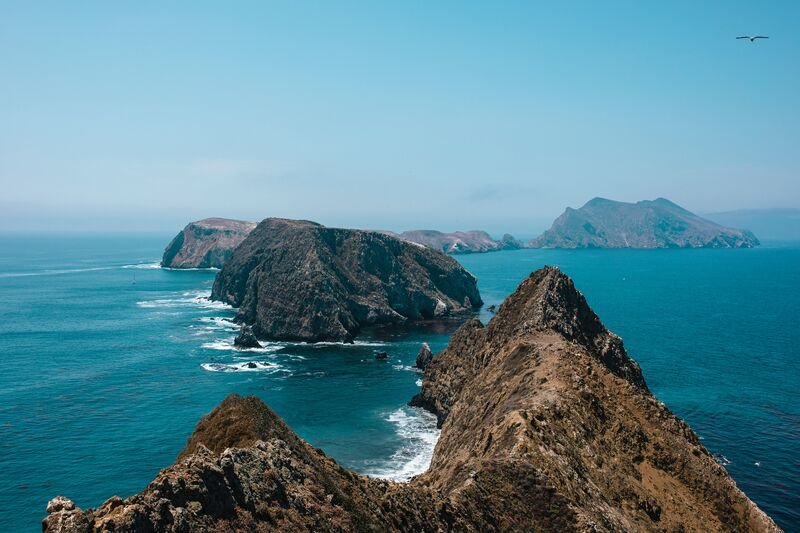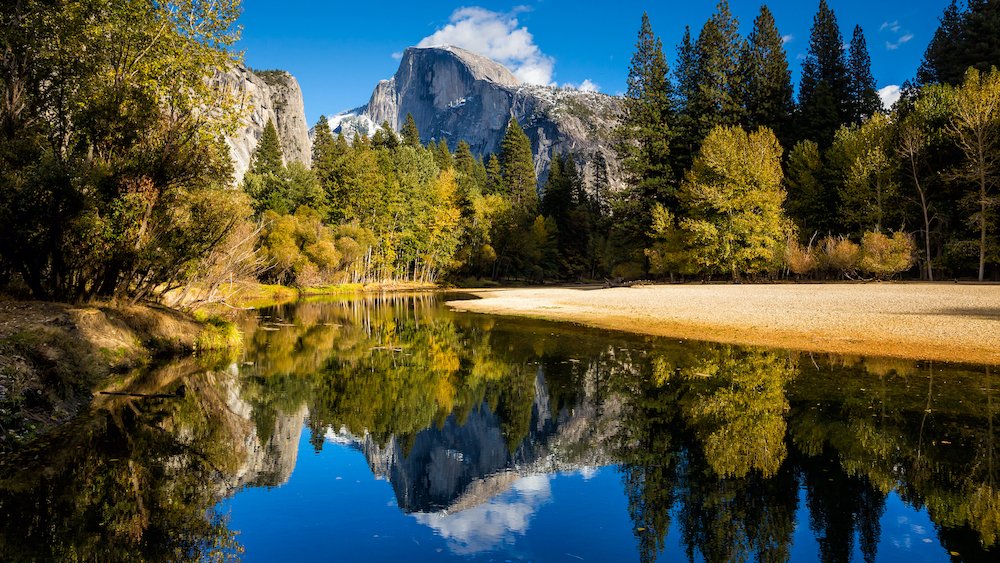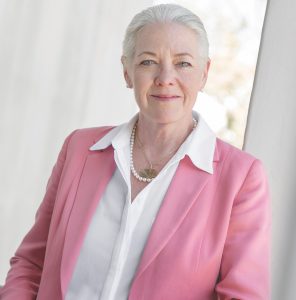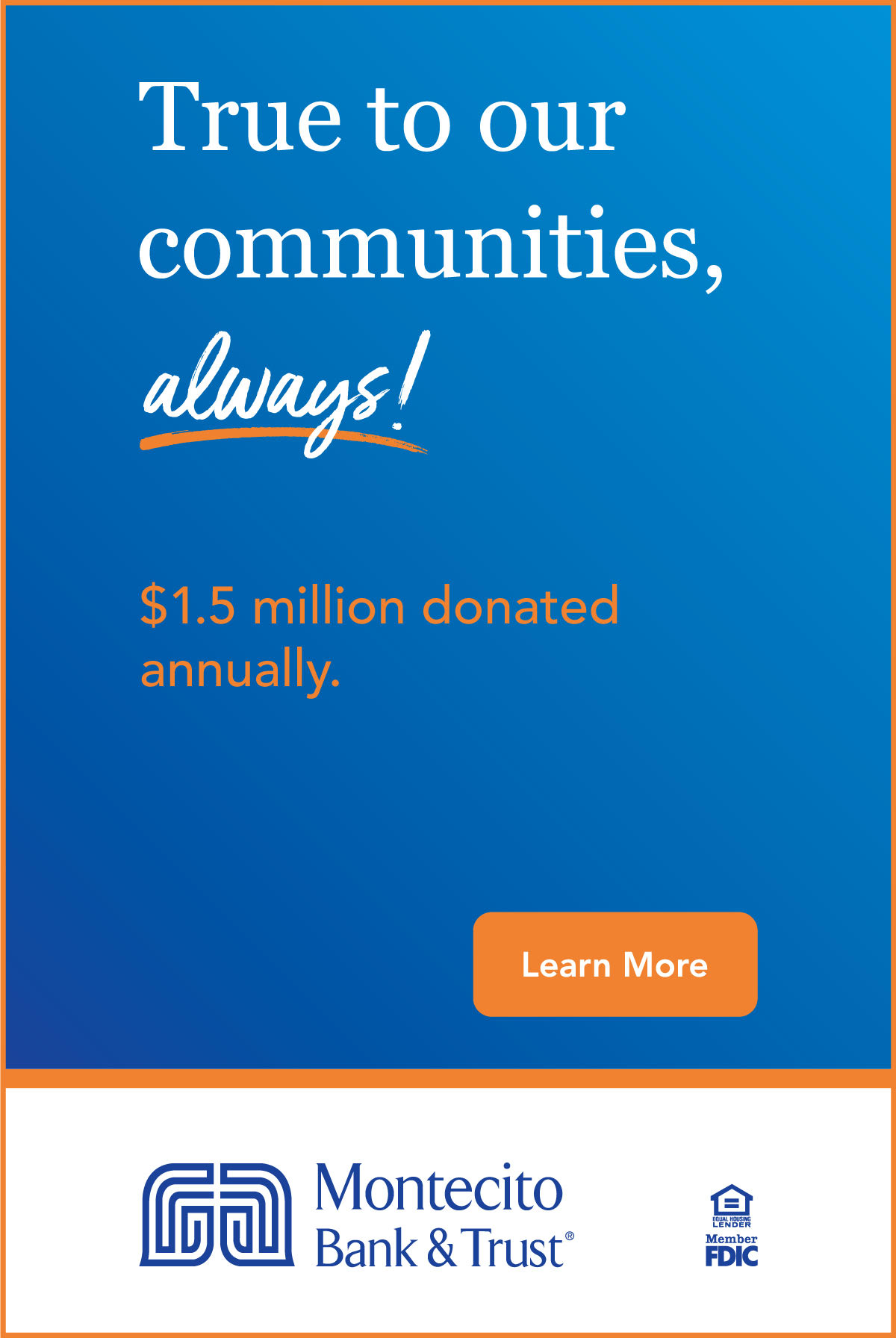WIN: White House Announces Phase Out of Single-Use Plastics in U.S. National Parks

The White House announced today that the Department of the Interior will reduce and eventually phase out the sale of single-use plastic products in U.S. national parks, wildlife refuges, and other public lands. The news comes after more than 300 organizations and nearly 70,000 individuals called on the Department of the Interior to take action.
To mark World Oceans Day 2022, Secretary of the Interior Deb Haaland issued Secretary’s Order 3407, which initiates a plan “to reduce the procurement, sale, and distribution of single-use products and packaging.” The order is also designed to phase out all single-use plastic products across Department-managed lands by the year 2032.
The Interior Department has an obligation to play a leading role in reducing the impact of plastic waste on our ecosystems and our climate. As the steward of the nation’s public lands, including national parks and national wildlife refuges, and as the agency responsible for the conservation and management of fish, wildlife, plants and their habitats, we are uniquely positioned to do better for our Earth. Today’s Order will ensure that the Department’s sustainability plans include bold action on phasing out single-use plastic products as we seek to protect our natural environment and the communities around them.
This Department-wide approach to reducing plastic pollution was initiated by implementation of President Biden’s Executive Order 14057, which requires federal agencies to eliminate waste, prevent pollution, support recycling markets, and promote the transition to a circular economy by diverting waste from landfills, among other measures. The Department of the Interior Order spans its 11 bureaus. The plan to eliminate single-use plastics will be rolled out over the next ten years.
NGOs Applaud the Move, Push for More Urgency
The announcement comes after months of campaigning by NGOs, including Plastic Pollution Coalition. Many of the NGOs involved had an overwhelmingly positive reaction to today’s news, however, they reiterate the urgency of the situation and encourage the Department to move as quickly as possible.
Today we celebrate this win and we applaud Secretary Haaland, Director Sams, and the Department of the Interior for their commitment to protecting our U.S. National Parks from plastic pollution. We will continue working with our coalition members and partners to push for these changes to happen even more quickly, because plastic pollutes at every stage of its existence. In addition to trashing beautiful landscapes, the production, transport, and disposal of plastic disproportionately impact BIPOC, low-income, and rural communities. Plastic and its toxic chemicals have no place in a more just, equitable future.
A recent poll by Oceana found that 82% of American voters would support a decision by the National Park Service to stop selling and distributing single-use plastic at national parks. Eighty-three percent agreed that it is important that national parks remain free of plastic trash, and 76% agreed that single-use plastic items have no place in national parks.
Our national parks, by definition, are protected areas—ones that Americans have loved for their natural beauty and history for over a century—and yet we have failed to protect them from plastic for far too long. The Department of the Interior’s single-use plastic ban will curb millions of pounds of unnecessary disposable plastic in our national parks and other public lands, where it can end up polluting these special areas. We applaud President Biden and U.S. Interior Secretary Deb Haaland for recognizing the devastating impact single-use plastic is having on our planet and taking meaningful action to keep this persistent pollutant out of our oceans and communities. We urge the secretary and Interior Department to move swiftly to carry out these changes to protect our parks from single-use plastic.
The Action Follows Months of Campaigning by Diverse Coalition Partners
The campaign that led to this moment has been ongoing since last summer. In July 2021, a diverse group of more than 300 nonprofits, organizations, and businesses sent a letter to U.S. Interior Secretary Deb Haaland urging her to direct the National Park Service to eliminate the sale and distribution of polystyrene-foam products and single-use plastic bottles, bags, and foodware (including cups, plates, bowls, and utensils) in national parks.
Plastic Pollution Coalition hosted a webinar in August 2021 about the National Parks campaign, featuring Lara Levison, Senior Director of Federal Policy at Oceana and Sarah Barmeyer, Senior Managing Director of Conservation Programs at the National Parks Conservation Association. The discussion was moderated by Heather White, Founder & CEO, OneGreenThing and Executive Advisory Board Member, Plastic Pollution Coalition.
Several NGOs also collaborated on a recent action allowing people to send letters to U.S. Representatives and Senators asking them to sponsor the Reducing Waste in National Parks Act (S.2960/H.R.5533). More than 8,000 letters were sent. There was also an ask to members of Congress during National Parks Week (April 16–24) 2022 to make our national parks plastic-free spaces.
Single-Use Plastics Have No Place in National Parks

The National Park Service reports managing nearly 70 million pounds of waste per year, much of it plastic. Presently, about 400 million metric tons of plastic are produced globally each year, and only a small fraction is recycled—just five to six percent in the United States. The majority of plastic that is produced ultimately ends up in landfills and the natural environment—including in the oceans. In nature, plastics rapidly break up into tiny pieces known as microplastics, which are toxic and easily ingested, inhaled, and absorbed into the bodies of people and other animals. Microplastics are widespread and harmful, polluting Earth’s air, soils, waters, oceans, and many plants.
National Parks cover more than 85 million acres in every state, the District of Columbia, American Samoa, Guam, Puerto Rico, and the Virgin Islands and attract nearly 300 million visitors per year. We must recognize these lands were once home to Indigenous peoples, who were their original stewards and who were removed—often forcibly—from them. Better caring for National Parks cannot reverse this abhorrent history, but the U.S. government can and should take action to honor Indigenous peoples and their legacy of stewardship.
By eliminating plastics from National Parks, the U.S. government is improving its stewardship of culturally and environmentally important lands. Such protection will better sustain future generations of people and the important ecosystems we rely upon to live.
Plastic Pollution Coalition
Donate now!www.plasticpollutioncoalition.org
(323) 936-3010 x702 Office
Managing Director: Julia Cohen
Mission
Plastic Pollution Coalition is a growing global alliance of more than 1,200 organizations, businesses, and thought leaders in 75 countries working toward a world free of plastic pollution and its toxic impact on humans, animals, waterways, the ocean, and the environment.
Begin to Build a Relationship
We know you care about where your money goes and how it is used. Connect with this organization’s leadership in order to begin to build this important relationship. Your email will be sent directly to this organization’s director of development and/or Executive Director.
Plastic Pollution Coalition has made a very large impact in a relatively short amount of time, overcoming huge obstacles including governments, legal systems, and corporations, and has turned the tide on plastic pollution awareness. Working tirelessly at the local, national, and global levels to effect real change for environmental justice, PPC is eliminating the use of single-use plastic, and is a dedicated and effective beacon for our local communities.
Flipping the Script on Plastic’s Place in Our World
Plastic Pollution Coalition’s list of A-List supporters includes Jeff Bridges, Jackson Browne, Fran Drescher, Ben Harper, Diana Nyad, Alice Waters, and Alfre Woodard – to name a few. When these notables speak out, millions of people wake up to the plastic pollution crisis.
In 2022, the Coalition will be working with leaders within the entertainment industry to encourage the storylines of popular films and television to include messaging that moves the nation and the world away from single-use plastics towards reusables and refillables, and a plastic-free, more just, equitable, and regenerative future.
The coalition seeks $100,000 to expand this campaign. And, for larger donors, Co-FounderJulia Cohen says there are opportunities to dramatically expand the organization’s lean $2 million budget.
“Imagine what we could do with double that,” she says.
Key Supporters
Annenberg Foundation
Beagle Foundation
Lynne and Marc Benioff
Susan and Jeff Bridges
Jackson Browne
Mark Christy
David DeRothschild
Sylvia Earle
Ben Harper
Haas-Teichen Foundation
Tammy + Kim Hughes
Chris Jordan
Gerry Lopez
Keith + Chris Malloy
Marisla Foundation
Michael McDonald
Mental Insight Foundation
Diana Nyad
Plastic Solutions Fund
Kat Taylor and Tom Steyer
Alice Waters
Zegar Family Foundation


